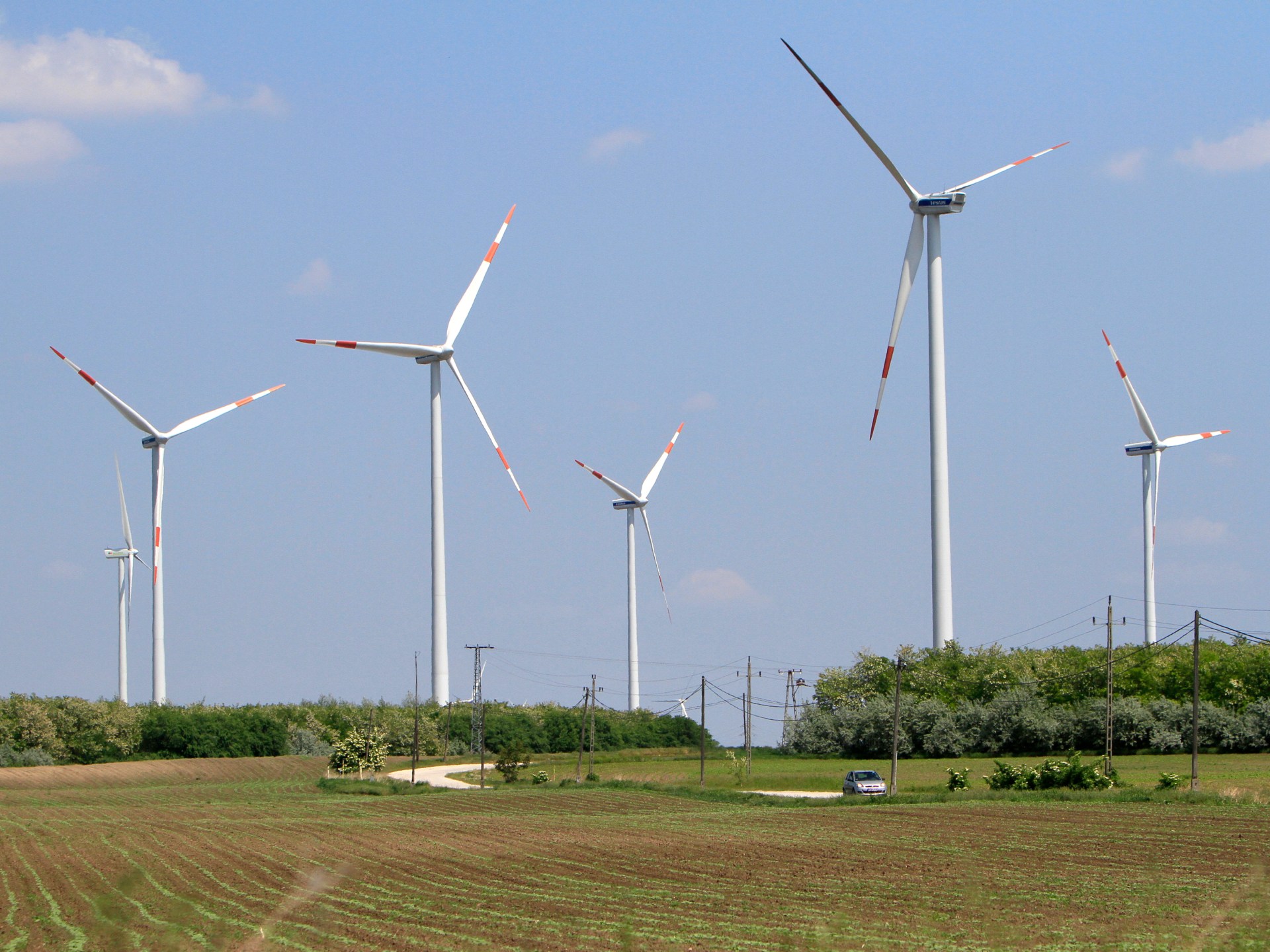Palestinians still struggle to get enough water | Water News
It is easy to pick out the Israeli settlements – illegal under international law – that are encroaching on more and more of the occupied West Bank.
They stand in stark contrast to the arid villages of the occupied West Bank, where an excruciating lack of water means farmers are forced to leave their precious date palms to die and desert their greenhouses.
Palestinians say they can barely get enough water to bathe their children and wash their clothes – let alone sustain livestock and grow fruit trees.
The Israeli settlements look like oases in comparison. Flowers grow, farmed fish swim in neat rows of ponds and children splash in community pools.
In the herding communities of the northern Jordan Valley, Palestinian water consumption is just 26 litres (7 gallons) a day – well below the minimum requirement of 50-100 litres recommended by the World Health Organization, according to B’Tselem.
In contrast, Israeli settlers in the Jordan Valley consume 400-700 litres per capita a day, the rights group said.
The 500,000 Jewish settlers who live in the West Bank are connected to the Israeli water grid through a network that provides water continuously, but Palestinian cities are not. So in the scorching summer, Palestinians get water only sporadically.
Across the occupied West Bank, Palestinian towns and cities have suffered since interim peace accords in the 1990s gave Israel control over 80 percent of its water reserves, and most other aspects of Palestinian life. The “interim” accords remain in place today.
The accords also created a limited self-rule Palestinian government that provided water to its swelling cities by tapping the rapidly depleting reservoirs it shares with Israel and buying water from Israel’s state-run company.
This means the Palestinians living in the 60 percent of the West Bank under full Israeli civil control are stranded – disconnected from both Israeli and Palestinian water grids.
With regional droughts intensifying, temperatures rising and Israel’s far-right government entrenching military rule over the occupied territory, Palestinians say their water problems have worsened.
The water supply is shrinking as the demands of Israeli towns are prioritised over Palestinian needs. Where Israel has full control in the occupied West Bank, Palestinians cannot dig or deepen wells without hard-to-get permits.
Since 2021, Israeli authorities have demolished nearly 160 Palestinian reservoirs, sewage networks and wells across the occupied West Bank and East Jerusalem – claiming they were unauthorised – according to the United Nations humanitarian agency, OCHA.




